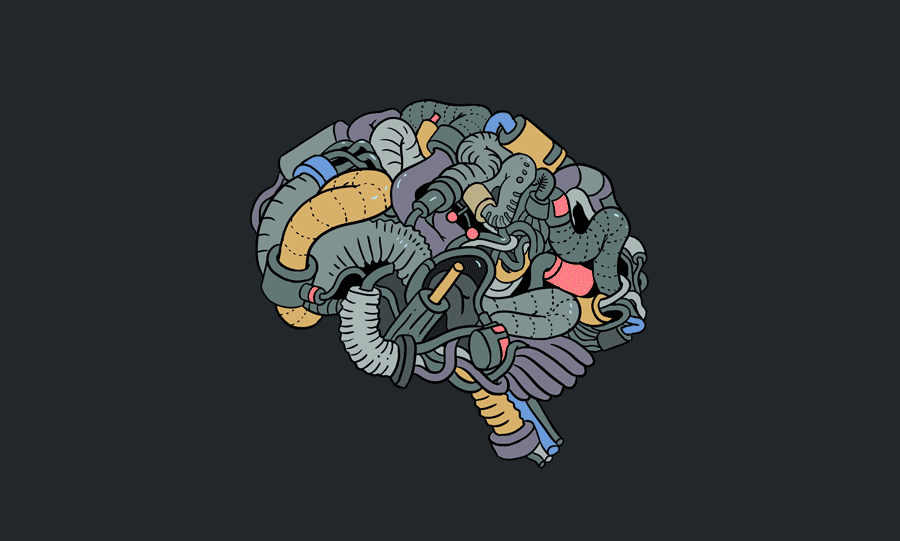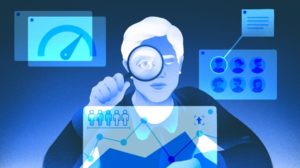On Monday, Microsoft announced an “exclusive computing partnership” and a $1 billion “investment” into OpenAI, the non-profit artificial intelligence research company co-founded by Elon Musk, Ilya Sutskever, Greg Brockman, and former Y Combinator president Sam Altman, who now serves as the organization’s CEO.
Subscribe to the Crunchbase Daily
The terms of the partnership state that Microsoft will eventually become the sole provider of computational resources to OpenAI. Microsoft has pinned a good part of its future on its cloud computing platform Azure, which generated about a third of Microsoft’s revenue in the most recent fiscal quarter, according to last week’s earnings report.
Since OpenAI is structured as a nonprofit, Microsoft’s $1 billion isn’t coming in the form of direct equity investment, like the sort of deal a venture capitalist might strike with a startup.
Relaying information from OpenAI chief executive Altman, the New York Times reports that most of the new funding “will be spent on the computing power OpenAI needs to achieve its ambitions.” Microsoft’s CEO, Satya Nadella, told the Times that his company would not be deploying the capital all at once. “It could be doled out over the course of a decade or more.”
Microsoft said that, working together as partners, “the companies will accelerate breakthroughs in AI and power OpenAI’s efforts to create artificial general intelligence (AGI),” computer systems which can interpret incoming information, infer context and meaning, and react in a similar way to our own brains. The difference is that, in theory, an AGI system could achieve super-human levels of inferential power by (again, in theory) drawing from the entirety of human knowledge.
Most artificial intelligence researchers agree that AGIs are at least several decades away, and may never arrive. Current AI systems are, by nature, highly specialized decision-making engines trained on huge sets of well-labeled data. A computer vision system could be trained to identify Volkswagen Beetles in traffic, but pass it a picture of a honeybee and the AI wouldn’t be able to sort bugs from Bugs as accurately and effortlessly as we can.
Fluidity of thought is not a forte of modern neural nets, but it could come to define AIs of the future. In its press release announcing the partnership, OpenAI contrasted specialist systems of today with their vision of the AGI future: “AGI will be a system capable of mastering a field of study to the world-expert level, and mastering more fields than any one human — like a tool which combines the skills of Curie, Turing, and Bach. An AGI working on a problem would be able to see connections across disciplines that no human could.”
In other words, it seems like Microsoft is basically giving OpenAI bunch of Microsoft Azure credits in exchange for working with an R&D team which can help build out high-scale machine learning systems which have the outside chance of eventually leading to the rise of hyperintelligent, omni-capable AI systems. It’s a long-tail bet if there ever was one, but one that is likely to pay off even if the partnership comes up short of its loftiest goals.
Illustration: Li-Anne Dias

Stay up to date with recent funding rounds, acquisitions, and more with the Crunchbase Daily.






67.1K Followers